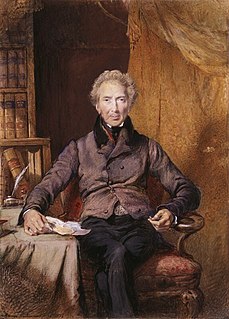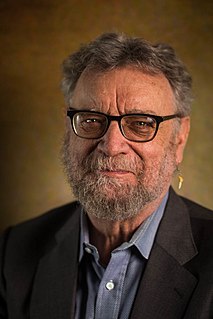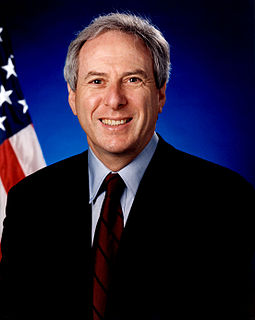A Quote by Mary Roach
Will I switch to E-reading? I won't, mainly because I love the look and feel of books - particularly hardbacks. I love them enough to put up with the minor hassles of lugging them around and maneuvering them in my lap and having to set them aside while I eat my cheeseburger.
Related Quotes
Making fiction for children, making books for children, isn't something you do for money. It's something you do because what children read and learn and see and take in changes them and forms them, and they make the future. They make the world we're going to wind up in, the world that will be here when we're gone. Which sounds preachy (and is more than you need for a quotebyte) but it's true. I want to tell kids important things, and I want them to love stories and love reading and love finding things out. I want them to be brave and wise. So I write for them.
So how do we solve this ancient problem? How can we not just tolerate someone who believes differently than we do, but actually respect them for those beliefs? Because nothing less than that will do. It can?t. Simply tolerating someone who believes differently than we do isn?t enough. ?Accepting? them isn?t enough. Having true and abiding peace with them means loving them. And that means respecting them. Because love without respect isn?t real love at all. It?s at best condescending patronization.
You see? Characters in books do not read books. Oh, they snap them shut when somebody enters a room, or fling them aside in disgust at what they fancy is said within, or hide their faces in one which they pretend to peruse while somebody else lectures them on matters they'd rather not confront. But they do not read them. 'Twould be recursive, rendering each book effectively infinite, so that no single one might be finished without reading them all. This is the infallible message of discovering on which side of the page you are on.
When we begin to set boundaries with people we love, a really hard thing happens: they hurt. They may feel a hole where you used to plug up their aloneness, their disorganization, or their financial irresponsibility. Whatever it is, they will feel a loss. If you love them, this will be difficult for you to watch. But, when you are dealing with someone who is hurting, remember that your boundaries are both necessary for you and helpful for them. If you have been enabling them to be irresponsible, your limit setting may nudge them toward responsibility.
Books can be passed around. They can be shared. A lot of people like seeing them in their houses. They are memories. People who don't understand books don't understand this. They learn from TV shows about organizing that you should get rid of the books that you aren't reading, but everyone who loves books believes the opposite. People who love books keep them around, like photos, to remind them of a great experience and so they can revisit and say, "Wow, this is a really great book."
If we wait for some people to become agreeable or attractive before we begin to love them, we will never begin. If we are content to give them a cold impersonal 'charity' that is merely a matter of obligation, we will not trouble to understand them or to sympathize with them at all. And in that case we will not really love them, because love implies an efficacious will not only to do good to others exteriorly but also to find some good in them to which we can respond."
If you want to liberate someone, love them.Not be in love with them - that's dangerous. If you're in love with your children, you're in their lives all the time. Leave them alone! Let them grow and make some mistakes. Tell them, "You can come home. My arms are here - and my mouth is too." When you really love them, you don't want to possess them. You don't say, "I love you and I want you here with me."

































